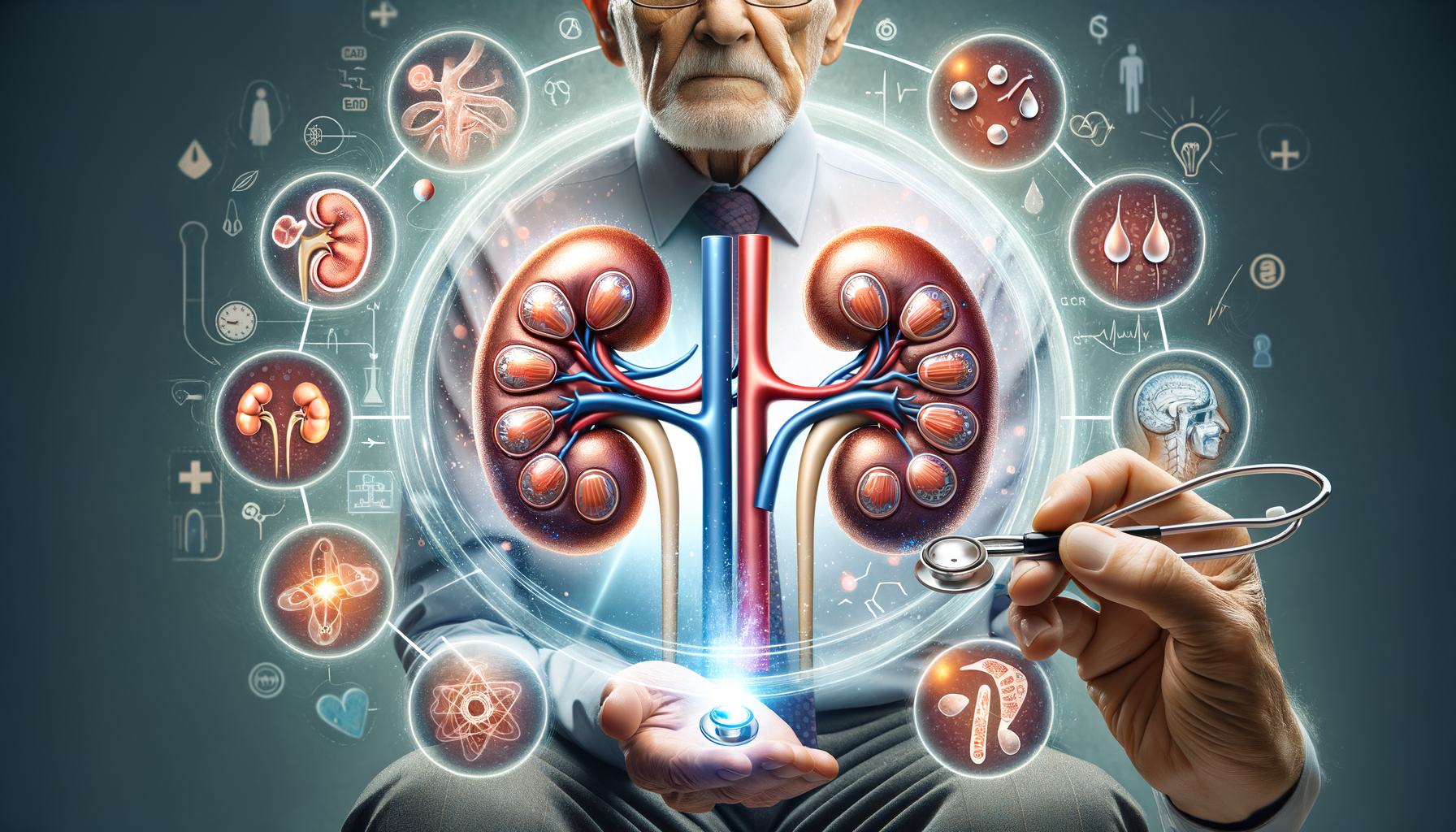What Kidney Disease Stages Mean for Seniors
Could the gradual decline in kidney function hold significant implications as the years advance? Understanding the various stages of kidney disease may shed light on potential considerations for the senior population. Exploring these distinctions offers valuable insight into how this condition might manifest over time.

Understanding Kidney Function
The kidneys are vital organs responsible for filtering waste and excess fluids from the blood, which are then excreted through urine. They play a crucial role in maintaining a balance of electrolytes and other substances in the body, contributing to overall health. Each kidney contains about a million nephrons, which are tiny filtering units that remove toxins and excess substances. The proper functioning of these nephrons is essential for detoxifying the blood and regulating blood pressure.
Kidney function can be measured through the Glomerular Filtration Rate (GFR), which indicates how well the kidneys are filtering blood. A normal GFR ranges from 90 to 120 mL/min/1.73m². However, as people age, their GFR naturally declines, often leading to concerns about kidney health, especially in seniors. Factors such as high blood pressure, diabetes, and chronic kidney disease (CKD) can further impair kidney function, making regular monitoring essential for early detection and management of potential issues.
Understanding kidney function is particularly important for seniors, as they are more susceptible to kidney-related issues due to aging and comorbidities. By maintaining a healthy lifestyle, including a balanced diet and regular exercise, seniors can support their kidney health and potentially slow the progression of kidney disease.
The Five Stages of CKD
Chronic Kidney Disease (CKD) is categorized into five stages, each defined by the level of kidney function and GFR. Recognizing these stages can help in managing the condition effectively:
- Stage 1: Kidney damage with normal or high GFR (≥90). At this stage, there are usually no symptoms, but early detection through regular check-ups is crucial.
- Stage 2: Kidney damage with a mild decrease in GFR (60-89). Symptoms are still rare, but lifestyle changes can help slow progression.
- Stage 3: Moderate decrease in GFR (30-59). Symptoms such as fatigue, swelling, and changes in urine output may begin to appear.
- Stage 4: Severe decrease in GFR (15-29). This stage requires more intensive management to prevent further decline and prepare for potential dialysis or transplant.
- Stage 5: Kidney failure (GFR <15). Dialysis or a kidney transplant is often necessary to sustain life.
Each stage of CKD presents unique challenges and requires tailored management strategies. Early stages may benefit from lifestyle modifications and medication, while later stages often necessitate more aggressive interventions. Regular monitoring and collaboration with healthcare professionals are essential for effective management of CKD at any stage.
Managing CKD in Seniors for Better Outcomes
Managing CKD in seniors requires a comprehensive approach that addresses the unique needs of the aging population. Seniors are more likely to experience multiple health issues, making CKD management more complex. Key strategies for managing CKD in seniors include:
- Regular Monitoring: Frequent check-ups and monitoring of kidney function can help detect changes early and allow for timely interventions.
- Medication Management: Seniors often take multiple medications, which can affect kidney function. It is crucial to review medications regularly to avoid nephrotoxic drugs and adjust dosages as needed.
- Diet and Nutrition: A kidney-friendly diet low in sodium, phosphorus, and potassium can help manage CKD. Seniors should work with a dietitian to create a personalized meal plan that meets their nutritional needs.
- Physical Activity: Regular exercise can improve overall health and support kidney function. Activities should be tailored to the individual’s abilities and preferences.
Engaging seniors in their care and encouraging them to take an active role in managing their condition can lead to better outcomes. Support from family, caregivers, and healthcare professionals is vital in helping seniors navigate the complexities of CKD management.